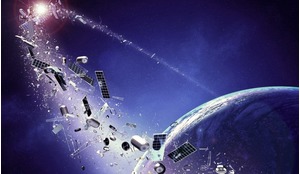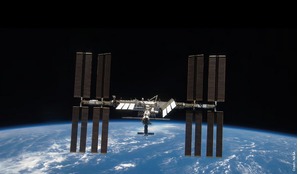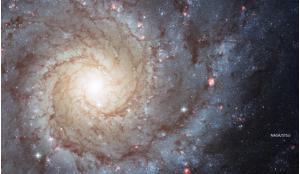Our universe is packed with many seemingly unsolvable quandaries that require convoluted and complex solutions that, in the end, don’t really solve the overarching dilemmas faced in physics today. But what if the answer to most of these problems is a simple enough idea - one that even Einstein considered - but is powerful enough to overturn our current understanding of the universe?
In a year’s time the Atomic Clock Ensemble in Space (ACES) is scheduled to fly aboard a SpaceX Falcon 9 rocket to the International Space Station (ISS). The goal of ACES, put simply, is to build a better clock - but not just any old clock. In space, an atomic clock - one which is regulated by the vibrations of an atomic or molecular system such as caesium or ammonia - may be more accurate than a clock on Earth because our planet’s gravity will not interfere with the vibration of atoms housed inside this high precision experiment.
The stable and accurate time delivered by ACES will be used to perform space-to-ground as well as ground-to-ground clock comparisons and data collected in the mission will be used in a number of applications such as geodesy and gravimetry orbit determinations, Earth monitoring, Very Long Baseline Interferometry and global positioning. However, the world’s most expensive clock - the European Space Agency is investing US$50 million in this experiment - will benefit the physics community as it will also be used to test the uncertainty of the gravitational red-shift measurement and the possible drift of some fundamental constants with time.














